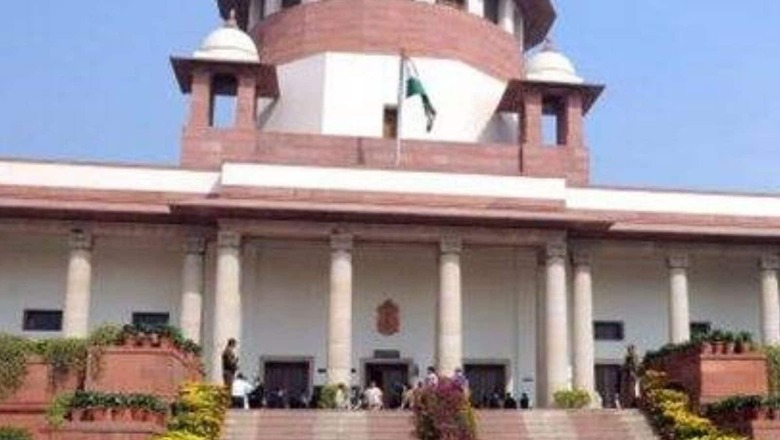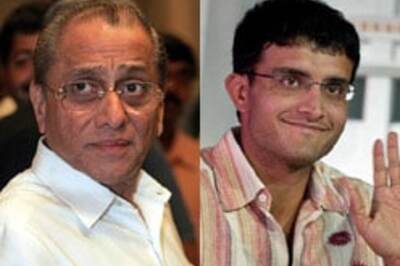
views
A three-judge bench of Chief Justice NV Ramana and Justices Surya Kant and Hima Kohli of the Supreme Court is scheduled to hear on Wednesday a batch of petitions challenging the constitutional validity of the sedition law.
In April last year, the top court had asked the Centre why it was not repealing the provision used by the British to silence people like Mahatma Gandhi to suppress the freedom movement as it expressed concern over the misuse of the colonial-era penal law.
Agreeing to examine the pleas filed by the Editors Guild of India and a former Major-General S G Vombatkere, challenging the Constitutionality of Section 124A (sedition) in the IPC, the top court had said its main concern was the “misuse of law” leading to rise in number of cases.
In April 2021, another bench led by Justice UU Lalit had issued notice on a petition filed by two journalists challenging Section 124A IPC. A petition filed by journalists Patricia Mukhim and Anuradha Bhasin on the same issue are also pending.
The non-bailable provision makes any speech or expression that brings or attempts to bring into hatred or contempt or excites or attempts to excite disaffection towards the government established by law in India a criminal offence punishable with a maximum sentence of life imprisonment.
“If you see history of charging this section, conviction rate is very low. The enormous power of misuse of this section can be compared with a carpenter given a saw. Instead of cutting a tree, he cuts the entire forest,” the bench had then observed.
Between 2016 and 2019, according to data from the National Crime Records Bureau, the number of such cases rose by 160% to 93. But in 2019, the conviction rate in such cases was a mere 3.3%, which means just two of the accused were convicted.
History of the law
India’s sedition law was introduced by the British in 1870, and almost dropped from the Constitution in 1948 after discussions of the Constituent Assembly. The word “sedition” disappeared from the Constitution on November 26, 1949 and Article 19 (1)(a) gave absolute freedom of speech and expression. However, Section 124A continued to stay in IPC.
In 1951, Jawaharlal Nehru brought in the first amendment of the Constitution to limit the freedom under Article 19(1)(a) and enacted Article 19(2) to empower the State to put curbs in the form of “reasonable restrictions” on right to free speech.
In its judgment in the Kedar Nath case in 1962, a Constitution bench upheld the validity of the sedition law under IPC and also defined the scope of it. It held that Section 124A only penalised words that reveal an intent or tendency to disturb law and order or that seem to incite violence. This definition has been taken as precedent for all matters pertaining to section 124A ever since.
Read all the Latest India News here
















Comments
0 comment